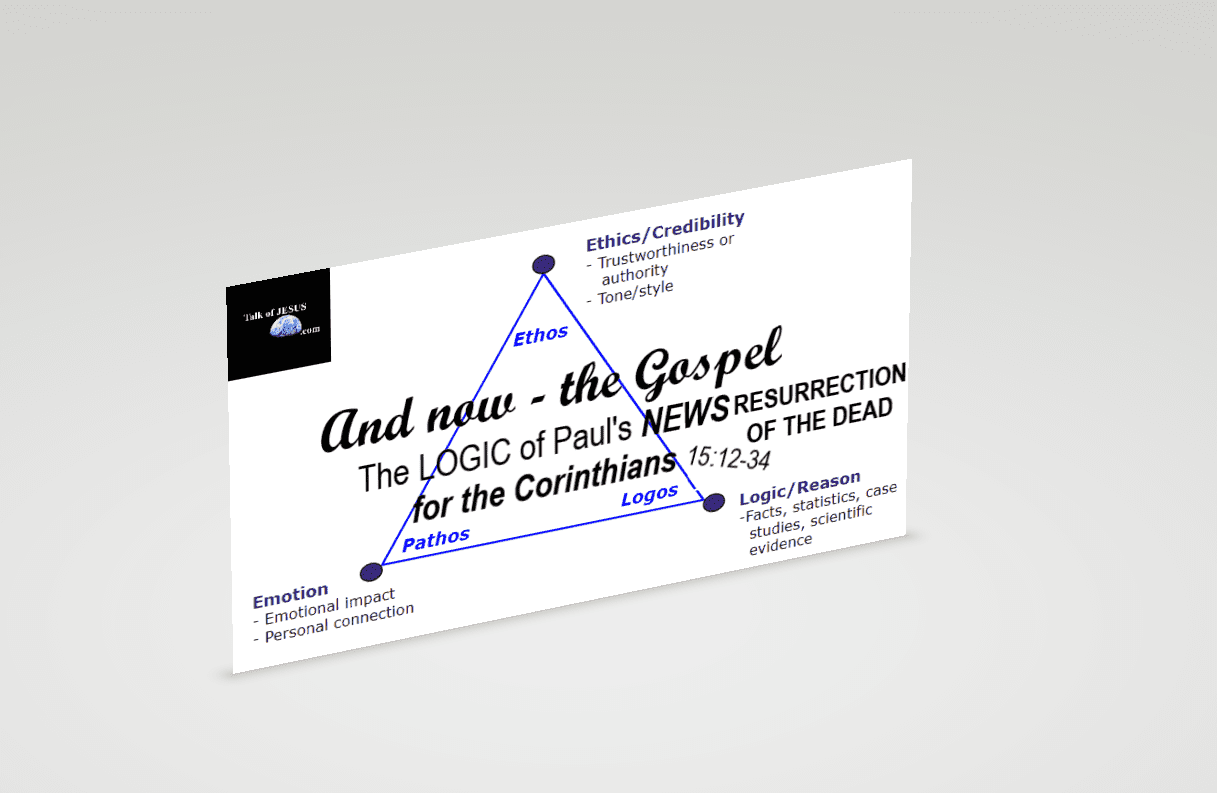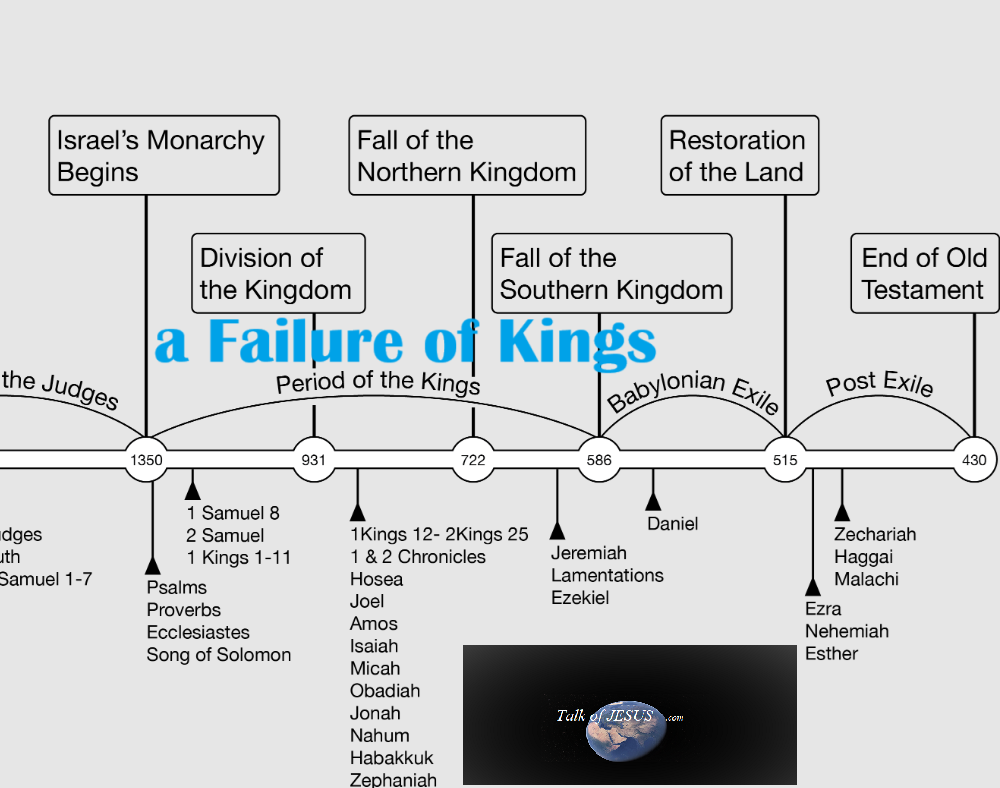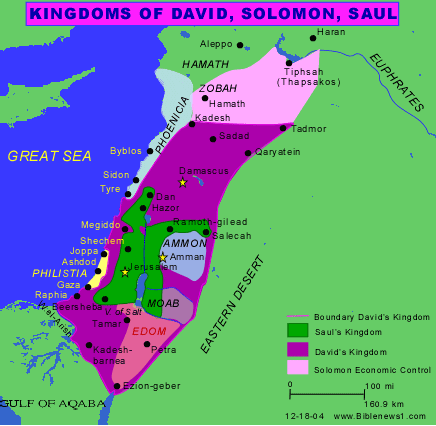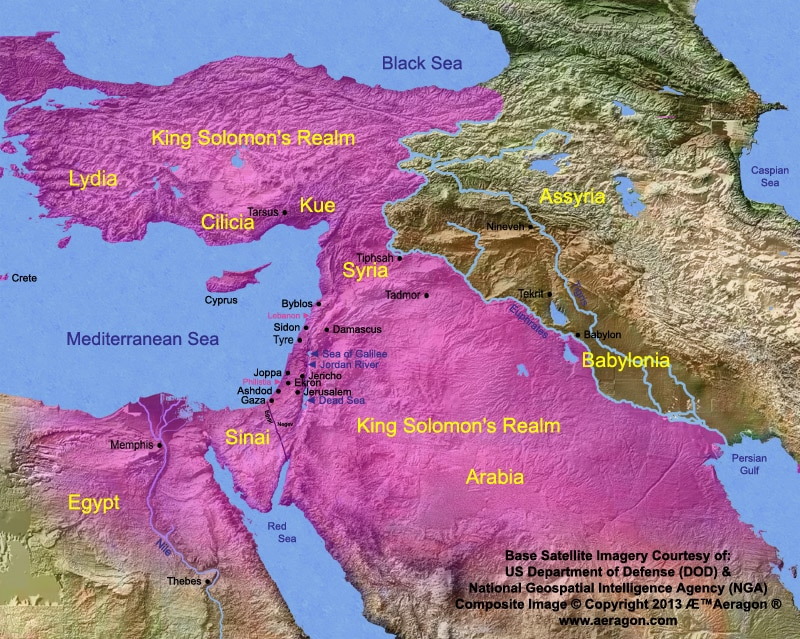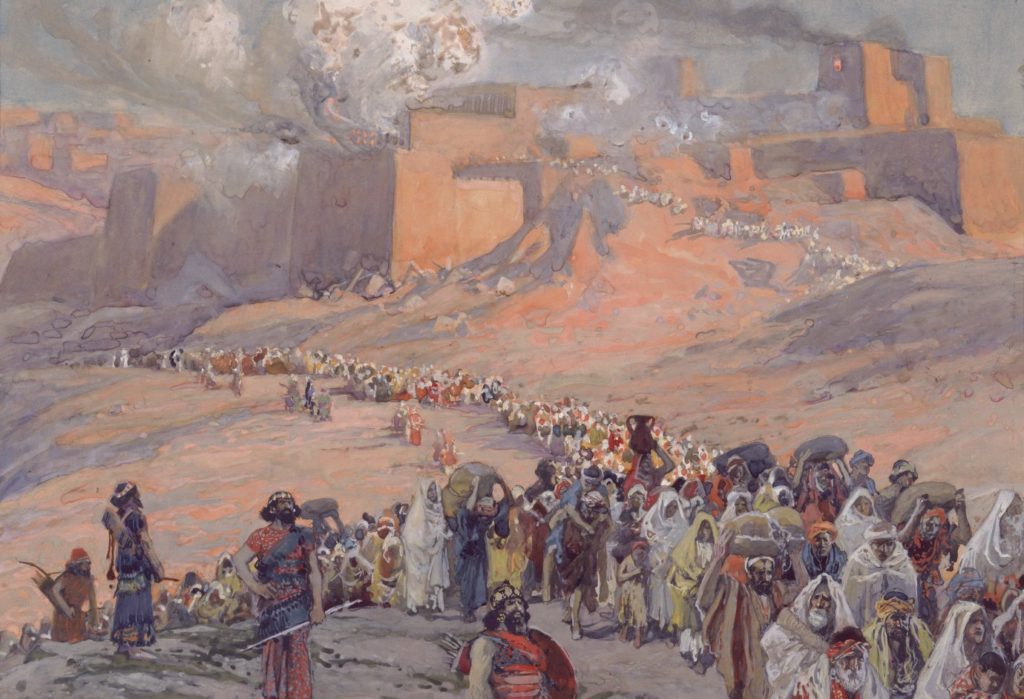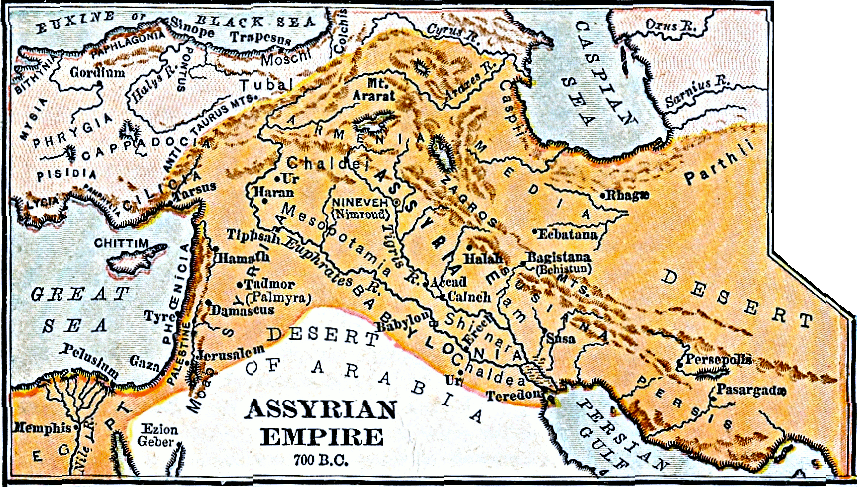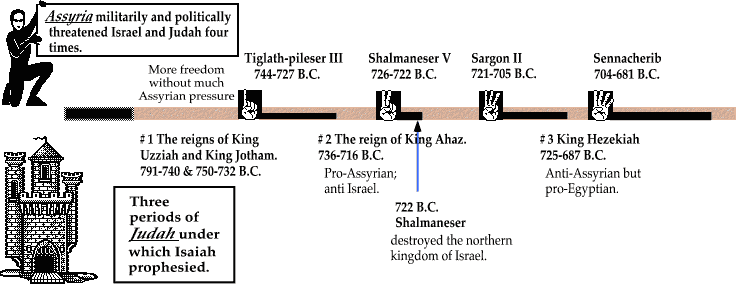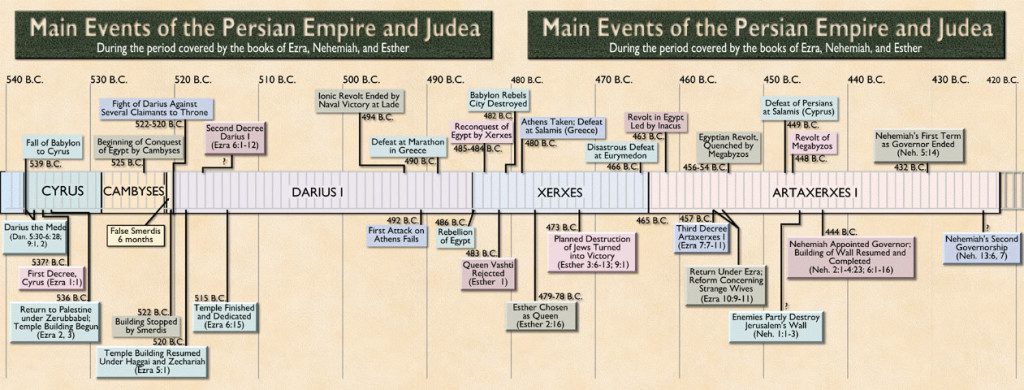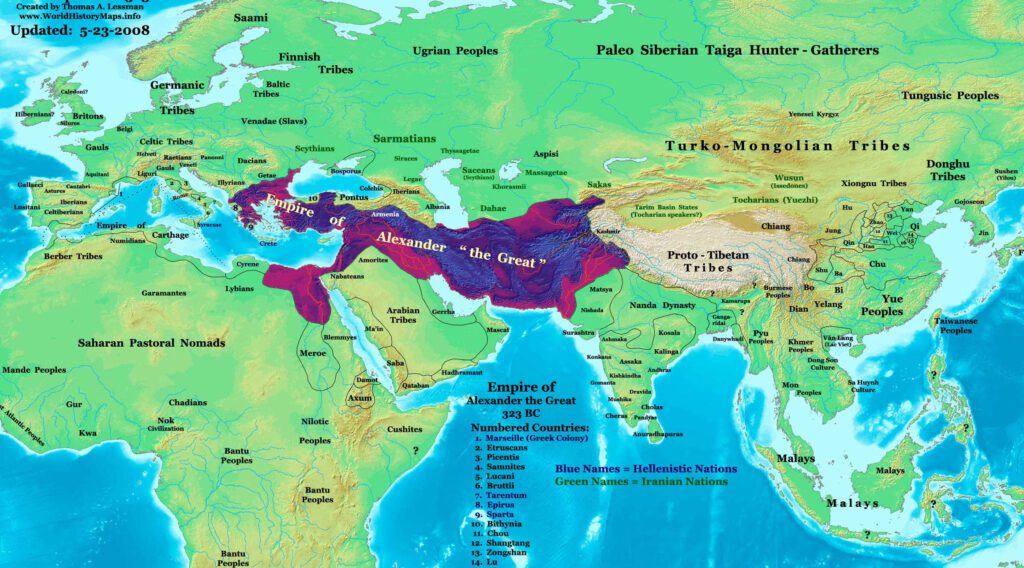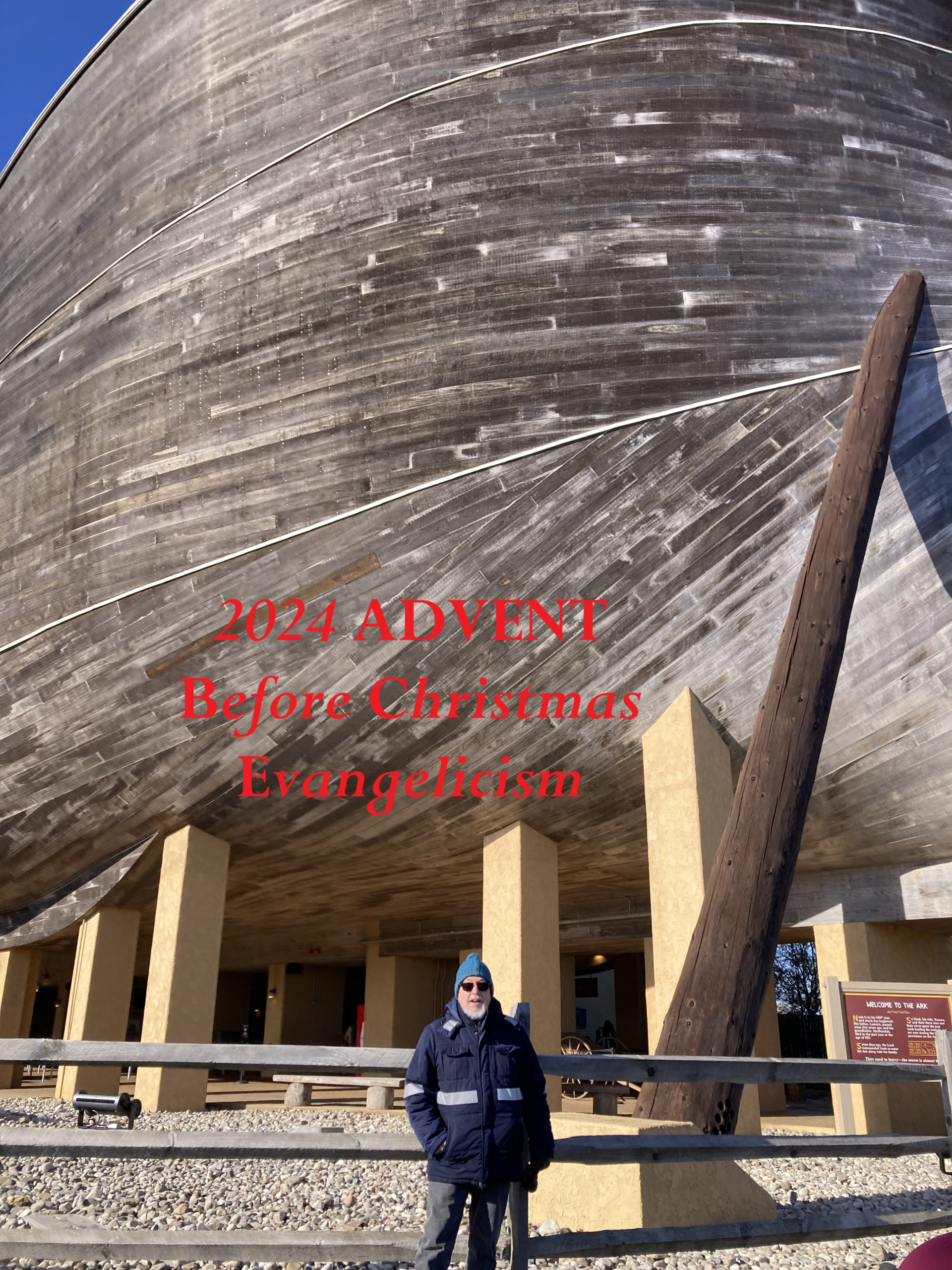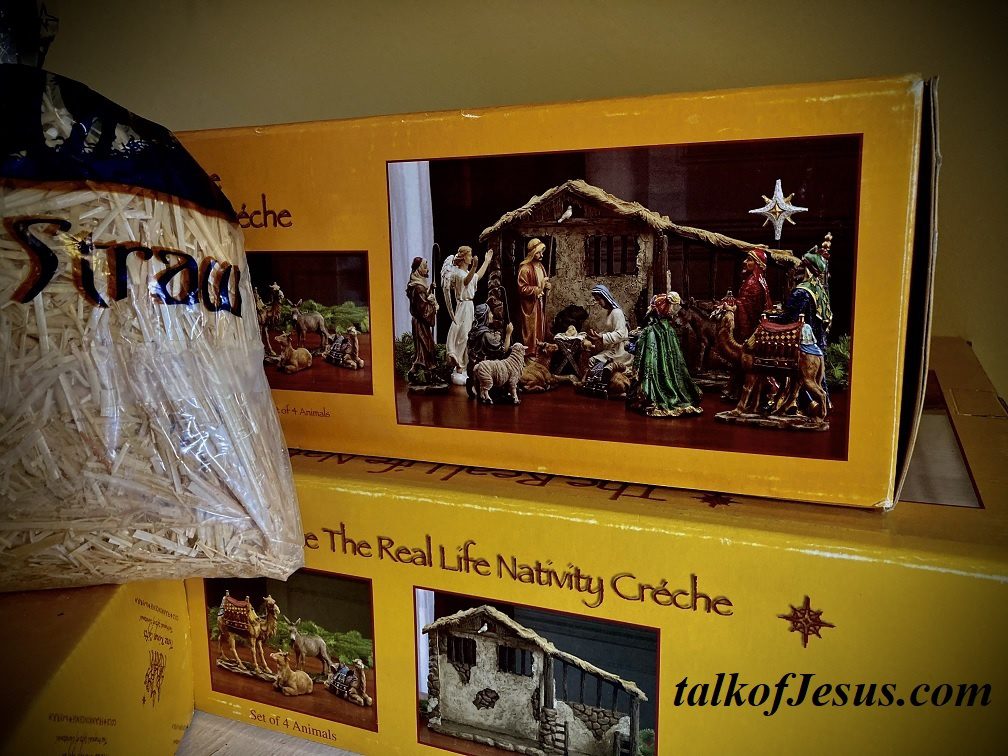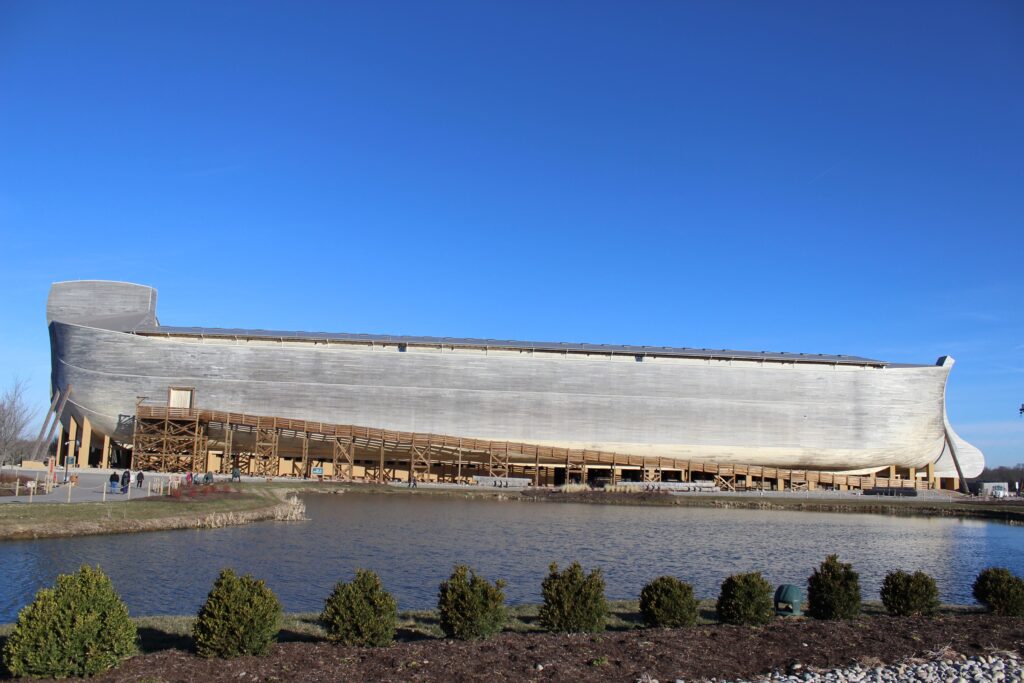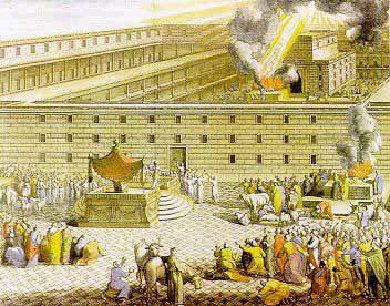Paul first establishes the indisputable facts of the Resurrection of Christ supported by evidence.
the Logic of Christ’s Resurrection
The FACTS established, now the Apostle to the Gentiles must convince believing Corinthians influenced by cultural ‘scientists of Promethean logic‘ about the truth of the nature of the resurrection of the dead.
- How can worshippers of myths — a myriad of made-up gods and goddesses — purport LOGIC as truth?
- How can we present the resurrection of the dead as truth rather than myth (upon which Greek religion tenuously stands)?
This is Paul’s cultural challenge — and ours.
Resurrection is Key to the Gospel
Even Jerusalem’s Sadducees denied the truth and evidence of the resurrection.
Certainly many Greek worshippers of pagan gods held philosophies allowing the evil of the body to coexistence with a soul (hopefully) worthy of heaven.
Paul had encountered such opposition in Athens just before he arrived in Corinth to preach.
Now when they heard of the resurrection of the dead, some mocked...

Note that this mocking at mention of the resurrection is similar to that in Jerusalem at the time many Jews received the Holy Spirit.
They believe these things, but hate them; and they also hate God.
WARRANTED CHRISTIAN BELIEF P.291
Is it not so? Hasn’t this hatred of God also been your experience simply at the mention of Jesus Christ?
Pagan ridicule of the resurrection provides false evidence to their Promethean proofs justifying the sins their flesh-indulged minds.
This was the challenge of the Apostle Paul in A.D. 55, as it is ours in this Common Era of indulgent inclusion.
IF Christ is risen..
Paul has established the indisputable facts of the bodily death and resurrection of Jesus Christ. Now he continues in his key logic of the gospel of resurrection of the body and spirit.
1 Corinthians 15: –
“.. this is what we preach, and this is what you believed.
1 COR 15:11b BSB
: RESURRECTION IS: CERTAIN (15:1-34)
Now if Christ is proclaimed as raised from the dead,
how can some of you say that there is no resurrection of the dead?
Paul now addresses those believing doubters of the resurrection influenced by the surrounding pagan culture.
The Apostle follows a step-by-step logical argument:
But if there is no resurrection of the dead, then not even Christ has been raised.
1 Cor 15:13 ESV
These logical Greek Corinthians hear the argument of the Pharisee (Saul of Tarsus) refuting the unbelieving Sadducees.
— AND Paul has just presented the FACTS and evidence that Christ was raised from the grave after His crucifixion.
And if Christ has not been raised, then our preaching is in vain and your faith is in vain.
1 Cor 15:14 ESV
SO — You are a follower of The Way – a saint of your local church…
WHY THEN did we preach Christ to you and your fellow saints?
Is your faith in a myth just vanity?
And Paul continues rhetorically challenging the veracity of his own preaching of the Christ and Jesus' resurrection from DEATH on a Roman cross in Judea.
The apostle of this gospel self-convicts in this alternative scenario concluding:
We are even found to be misrepresenting God,
because we testified about God that he raised Christ, whom he did not raise if it is true that the dead are not raised.
1 Cor 15:15 ESV
Heresy!
What is the Apostle’s proposition?
YOU — Corinthians — (and YOU, Common Era questioners) — must judge the TRUTH of the RESURRECTION of the dead based on the FACTS & EVIDENCE that the Lord Jesus Christ was the first man raised from death for your sins.
Why do I make the bold point that this would be HERESY?
Other translations provide a more pointed translation of the Greek that may help us understand the seriousness of Paul's alternative false proposition.
εὑρισκόμεθα δὲ καὶ ψευδομάρτυρες
v.15a Moreover we are even found [in a legal sense] to be false witnesses [pseudomartys] of God..
[This would be false testimony against Almighty God, certainly punishable by death of the mortal body and punishment of their immortal soul.]
HERESY – αἵρεσις – hairesis
But the Corinthian saints know that Paul has NOT chosen himself over GOD [Theos].
The Apostle, however, continues down this logical path of its false-reasoning conclusion.
Now to the Apostle’s logical connection:
For if the dead are not raised,
1 Cor 15:16 ESV
not even Christ has been raised.
(Paul has already opened his argument to the court of logic with Christ's resurrection.)
Then those also who have fallen asleep [koimaō – a metaphor for death] in Christ have perished [ἀπόλλυμι – .apollymi].
The Perishing Promethean Heretics
Paul, in providing a clear choice to those who trust in the Way and Truth and Life of Christ, offers a clear logical choice.
The Apostle had opened his Epistle to the Corinthians clearly stating:
For the word of the cross is foolishness to those who are perishing G622,
but to us who are being saved, it is the power of God. For it is written,
“I WILL DESTROY G622 THE WISDOM OF THE WISE,
AND THE CLEVERNESS OF THE CLEVER I WILL SET ASIDE.”
1 Corinthians 1:18-19 LSB – Paul, citing Old Testament Scripture
“Where is the one who is wise?
Paul had rhetorically asked in the opening of this epistle [1 Cor 1:20].
νυνί – now, at this very moment
NOW Paul continues in the only logical conclusion: :
But now [at this very moment] is Christ risen from the dead
1 Corinthians 15:20a – KJV [def. Gk. νυνί]
The Apostle here is emphatic in his belief proclaimed in his closing.
“But in fact..,” “At this very moment..,” “And now..,
Christ hath risen out of the dead,” read just a few English translations of Paul’s logical Greek argument.
Then Paul proclaims the benefits of Christ’s resurrection applied to the death of those in Christ.
Christ’s resurrection + the firstfruits
But in fact Christ has been raised from the dead, the firstfruits of those who have fallen asleep…
.. Christ the firstfruits, then at his coming those who belong to Christ.
1 Cor 15:20,23b ESV
Between Paul’s representation of the resurrection of Christ and resurrections of ‘those who belong to Christ’ — (faithful saints of the Church redeemed in Him) — the Apostle points back once more to original sin and the source of death replacing eternal life with God.
IN THE BEGINNING…
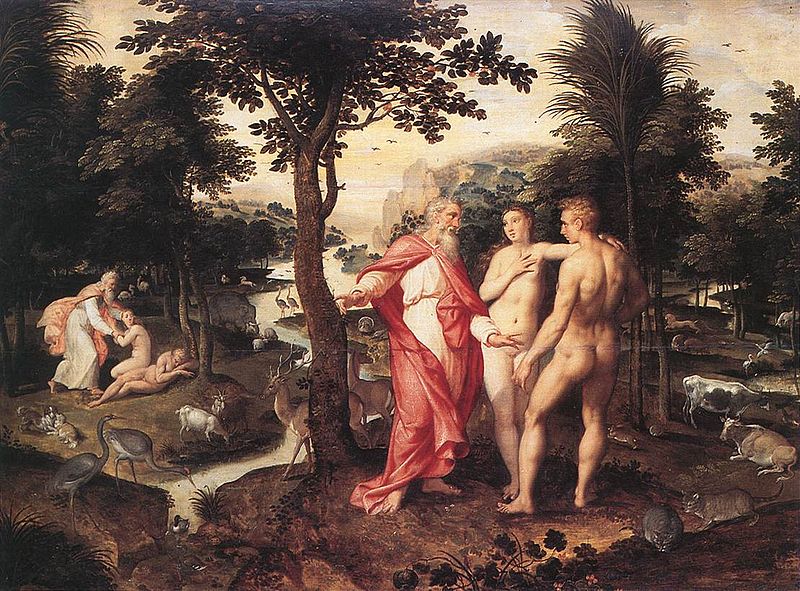
For as in Adam all die…
Paul proclaims:
But now is Christ risen from the dead, and become the firstfruits of them that slept.
For since by man came death, by man came also the resurrection of the dead.
For as in Adam all die,
even so in Christ shall all be made alive.
IN THE BEGINNING God created the heaven and the earth. And the earth was without form, and void…
And God said, Let us make man in our image, after our likeness…
And the LORD God formed man of the dust of the ground, and breathed into his nostrils the breath of life; and man became a living soul. And the LORD God planted a garden eastward in Eden; and there he put the man whom he had formed… But of the tree of the knowledge of good and evil, thou shalt not eat of it:
for in the day that thou eatest thereof thou shalt surely die.
Genesis 1-2 KJV excerpts
IN ADAM… ALL DIE.
IN ABRAHAM & JACOB.. ALL DIE.
IN MOSES ALL DIE
and IN DAVID… ALL DIE!
in Christ all will be made alive.
For just as in Adam all die,
so also in Christ all will be made alive.
But each in his own order:
Christ, the firstfruits; afterward, at his coming,
those who belong to Christ.
Then comes the end…
Good NEWS of the Resurrection of the DEAD - To be continued...
